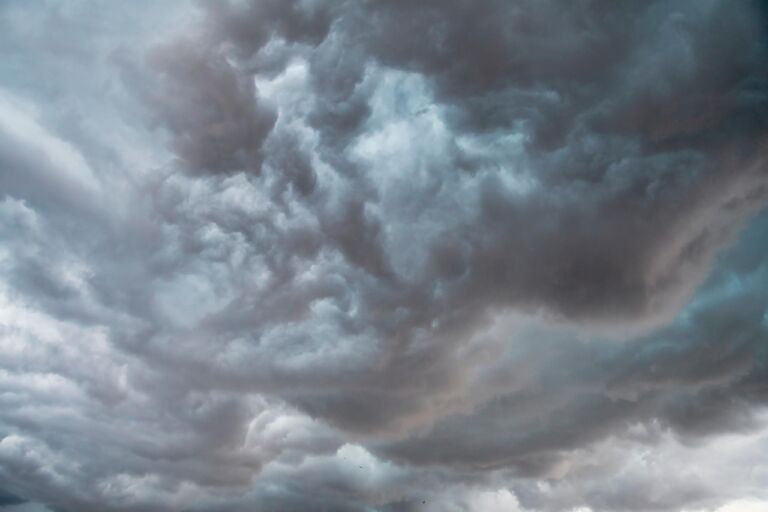Roger Pielke and Ruy Teixeira document a partisan divide among Americans responding to weather events.
The IPCC has detected increases in heat waves, extreme precipitation, ecological and agricultural drought (also known as soil moisture deficits), and fire weather (i.e., combined hot and dry conditions). Each of these detected changes has also been attributed to human influences on climate, at various levels of confidence, mainly through the emissions of carbon dioxide from the burning of fossil fuels, as well as other greenhouse gases and other human influences.
The IPCC has not, however, detected or attributed changes in flooding, meteorological or hydrological drought, tropical cyclones (including hurricanes), winter storms, thunderstorms, tornadoes, hail, lightning, or extreme winds. …
… Observed increases in hurricanes, floods, tornadoes, drought, cold snaps, and winter storms are a minority assessment among both Republicans and Democrats. However, about twice as many Democrats as Republicans reported experiencing increases, suggesting that political views influence how people interpret the weather they experience.
When asked about the period over which they have seen changes in extreme weather, very few (less than 10 percent) reported trends on periods over 20 years. Thus, most people were reporting climate variability rather than climate change, as understood by the IPCC.
When asked specifically about the cause of reported changes to extreme events, voters were generally split between ascribing causality to mostly human-caused climate change and mostly natural climate variability. Democrats were much more likely to ascribe causation of trends to human-caused changes in climate and Republicans to natural climate variability, indicating a clear partisan divide on perceptions of weather events. …
… One notable difference was again between Republicans and Democrats, with 54 percent of Democrats projecting an increase of greater than 3ºF by 2100. In comparison, just 24 percent of Republicans projected such an increase, and 45 percent felt temperature rise would be less than 3ºF.
On this issue, the plurality of Republicans were more in line with the latest (post–IPCC AR6) policy projections. However, this assessment likely reflects a generally more optimistic view of our collective climate future among Republicans than among Democrats, rather than a better understanding of current scientific evidence.
The post People view weather through partisan lens first appeared on John Locke Foundation.
Click this link for the original source of this article.
Author: Mitch Kokai
This content is courtesy of, and owned and copyrighted by, https://www.johnlocke.org and its author. This content is made available by use of the public RSS feed offered by the host site and is used for educational purposes only. If you are the author or represent the host site and would like this content removed now and in the future, please contact USSANews.com using the email address in the Contact page found in the website menu.







